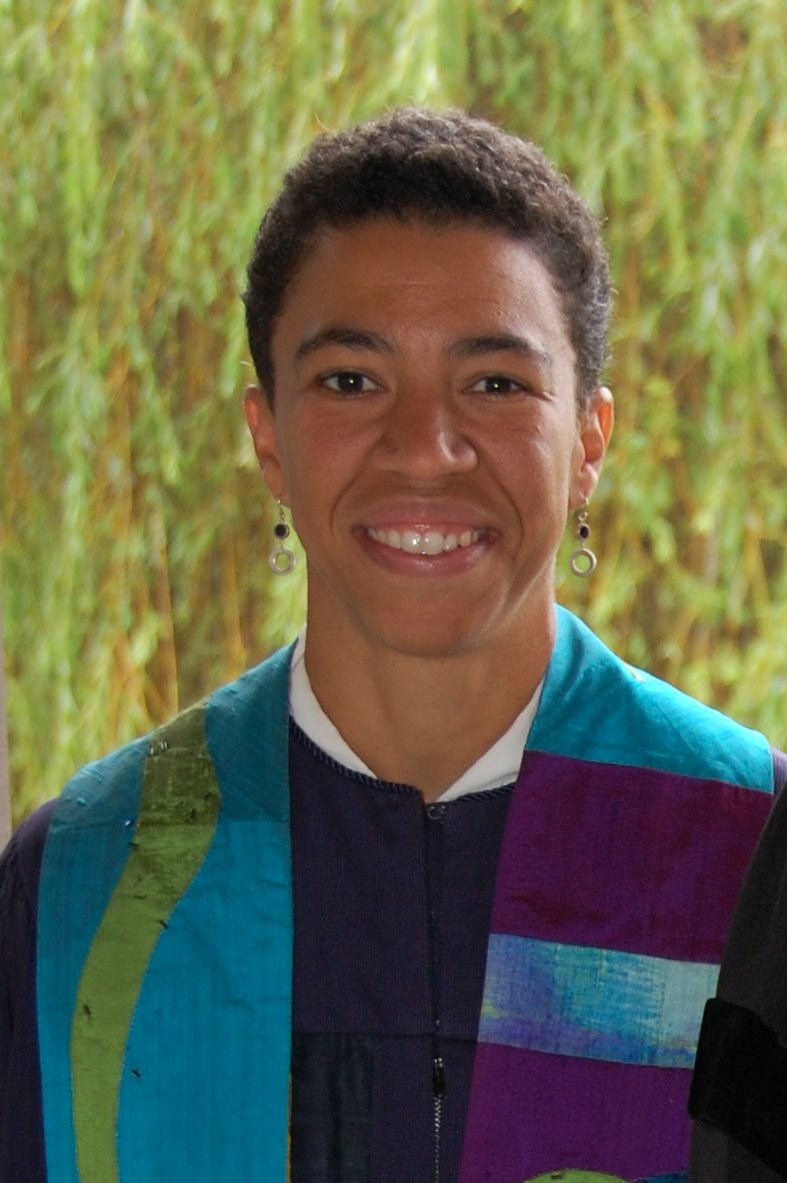Over the years I have had numerous conversations with people about what is and isn’t spiritual. Some tell me they are not spiritual. Some say they don’t know what spiritual means or that the word is too vague and wishy-washy to mean anything at all. Still others say that they have aspects of life that feel spiritual and other parts that don’t. And there are also those that tell me all things spiritual or religious in nature are irrelevant.
The longer I live and the more I explore spiritual matters, the more I am convinced that we have fragmented life too much. I don’t have a routine, mundane, everyday life that is different (or separate) from my spiritual life. I have only one life—fragile, precious, imperfect, and small as it is. How I see that life and what I think about how it fits into the larger Life is where spirituality enters the picture. Spirituality is first and foremost about perception and attention.
French theologian and activist Simone Weil (1909-1943) wrote that, “Attention is the rarest and purest form of generosity.” In our rush about modern world we so infrequently give anything or anyone our full and undivided attention. Yet it is in those moments when we are fully present that the dimension of our living which points toward the ultimate and the eternal and timeless—the spiritual dimension—is revealed. Indeed, Weil went on to write, “ Absolutely unmixed attention is prayer.” In our one life, our whole life, when we pay attention we find that there is life within life. It is this dimension, this experience of seeing the beauty and elements of existence that point to the universal and sacred that I define as spirituality.
Although the word is slippery and imprecise, the feeling or sense that inspired it is not. I would venture a guess that we have all experienced moments that have had a magical or amazing quality—the birth of a child, a breathtaking sunset on a mountaintop, or holding someone’s hand as they took their last breath. We have also experienced remarkable moments of insight or clarity or beauty even in less grand ways—a smile from a stranger, a flash of understanding after hours of stuck-ness, or a day when everything goes as planned. Spirituality is nothing more and nothing less than seeing and acknowledging those moments for what they are. Spirituality is seeing our lives in context—their finitude, their smallness in the grand scheme, and their value to those who know and love us. Spirituality resides in our ability to love, in our capacity to reach out, and our efforts to live in a way that makes a difference.
Whether or not you consider yourself spiritual, I encourage (urge?) you to pay attention to your living. Perhaps (as usual) the poet says it best. Mary Oliver’s Praying (from her book of poems Thirst):
It doesn't have to be
the blue iris, it could be
weeds in a vacant lot, or a few
small stones; just
pay attention, then patch
a few words together and don't try
to make them elaborate, this isn't
a contest but the doorway
into thanks, and a silence in which
another voice may speak.
 Rev. Shana Lyngoodis co-minister of First Unitarian Church of Victoria. She has loved and served in Victoria since 2010
Rev. Shana Lyngoodis co-minister of First Unitarian Church of Victoria. She has loved and served in Victoria since 2010
You can read more articles from our interfaith blog, Spiritually Speaking HERE


